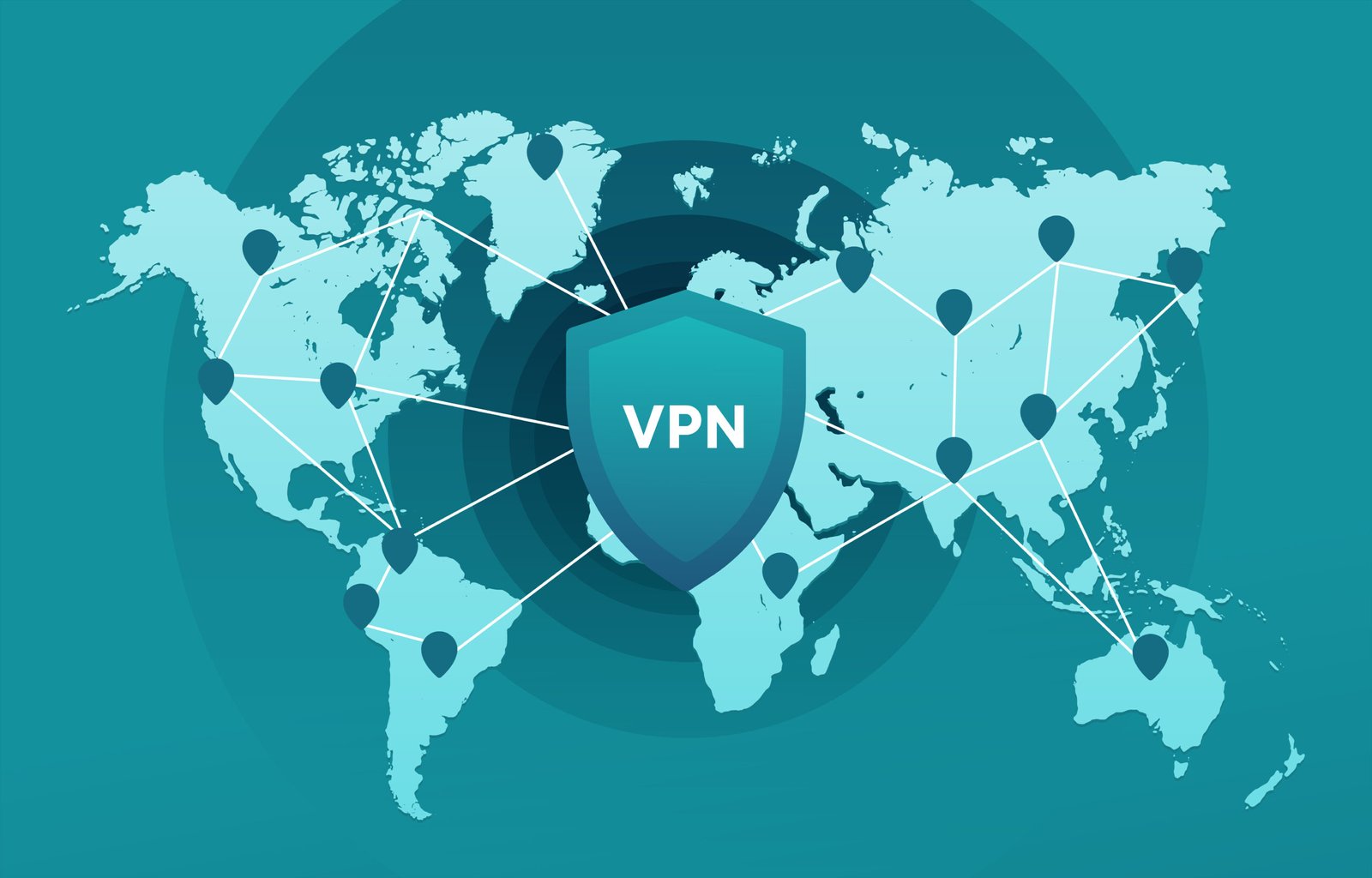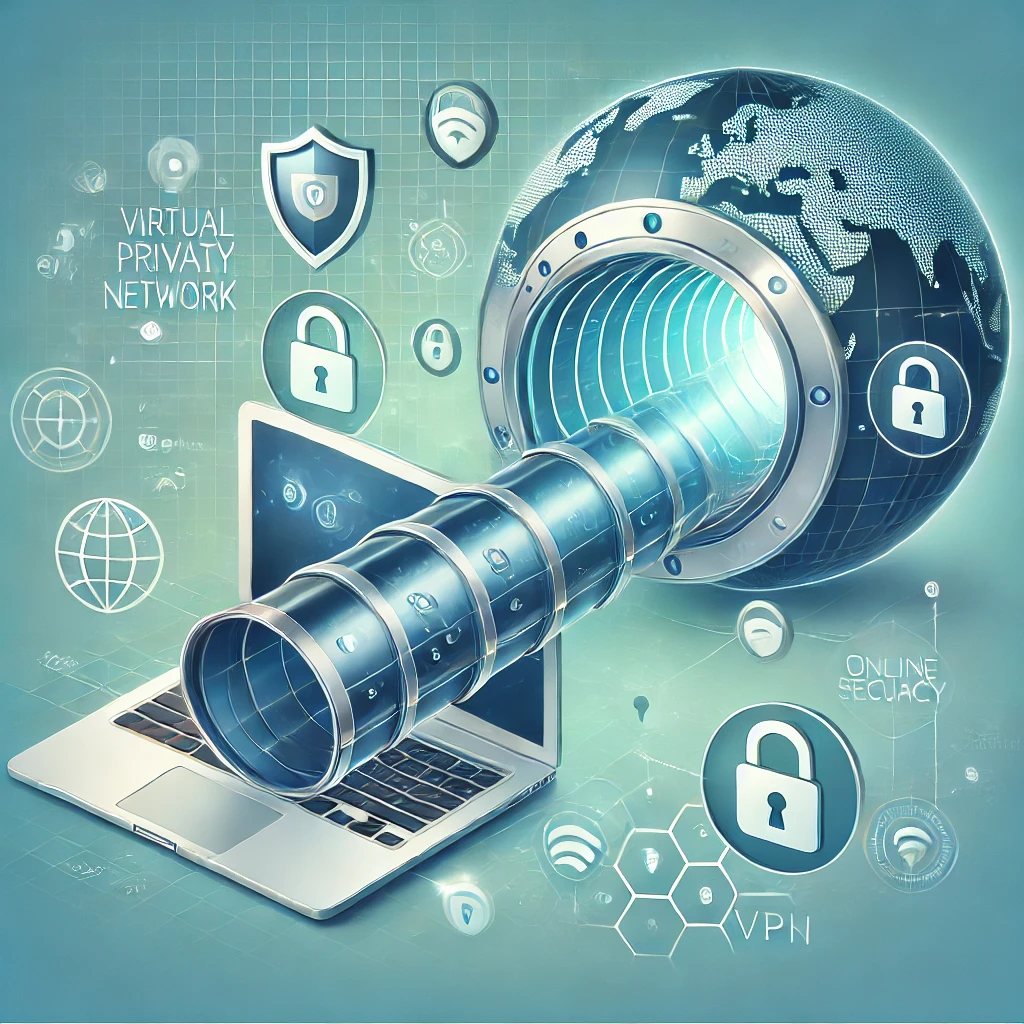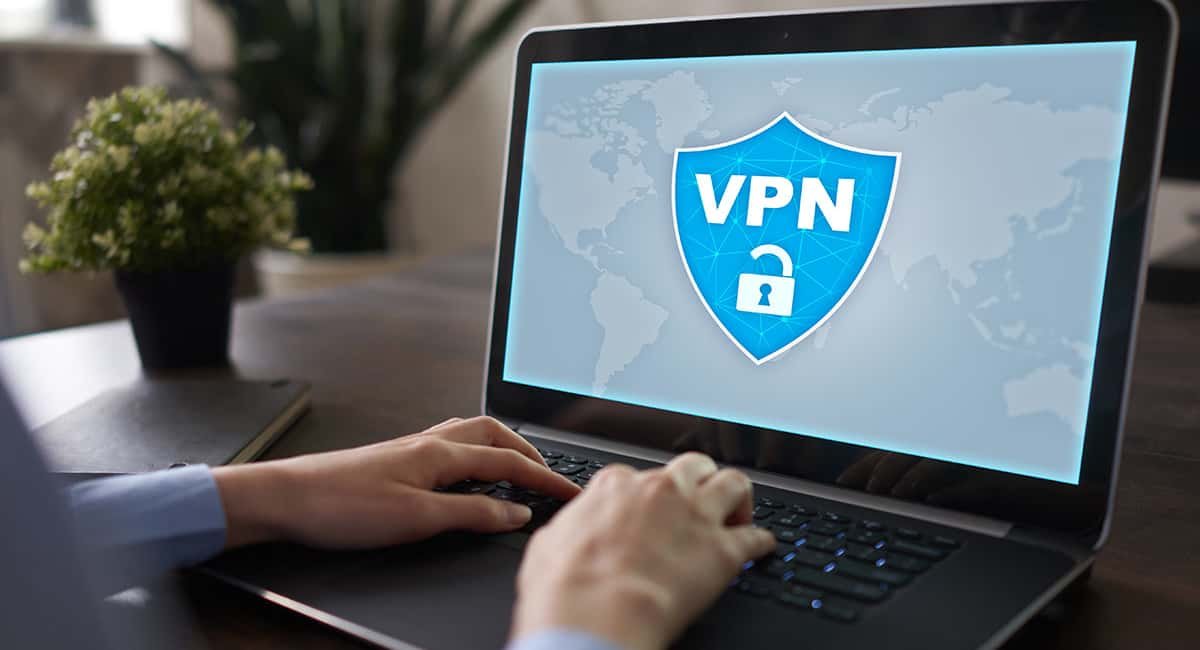In today’s digital world, data privacy is more important than ever. Cybercriminals, hackers, and even corporations constantly track, collect, and exploit personal data. If you’re not careful, your sensitive information could be exposed. Luckily, there are effective ways to protect your data and ensure a safer online experience.
1. Use Strong, Unique Passwords
One of the simplest yet most effective ways to secure your data is by using strong, unique passwords for each account. A good password should include:
- At least 12 characters
- A mix of uppercase and lowercase letters, numbers, and symbols
- No easily guessable information (e.g., birthdays, pet names)
Consider using a password manager like LastPass or Bitwarden to securely store and generate strong passwords.
2. Enable Two-Factor Authentication (2FA)
Two-factor authentication (2FA) adds an extra layer of security by requiring a second form of verification, such as a code sent to your phone or email. Even if someone steals your password, they won’t be able to access your account without the second factor.
3. Be Cautious with Public Wi-Fi
Public Wi-Fi networks, such as those in coffee shops, airports, and hotels, are prime targets for hackers. Cybercriminals can intercept your data, steal login credentials, or inject malware into your device.
To stay safe:
- Avoid logging into sensitive accounts (banking, work emails) while on public Wi-Fi.
- Use a VPN to encrypt your internet traffic and keep your data private.
4. Use a VPN for Secure Browsing
A Virtual Private Network (VPN), like Gadfly Voice VPN, encrypts your internet connection and hides your IP address, making it nearly impossible for hackers, ISPs, or advertisers to track you.
A VPN helps in many ways:
- Encrypts your data, keeping it safe from hackers on public networks.
- Hides your location, protecting against location-based tracking.
- Bypasses geo-restrictions, giving you secure access to global content.
5. Keep Your Software Updated
Outdated software and apps are major security risks because hackers exploit vulnerabilities in old versions. Always:
- Update your operating system regularly (Windows, macOS, iOS, Android)
- Keep apps and browsers updated
- Enable automatic updates for essential programs
6. Be Careful What You Click
Phishing emails and malicious websites are designed to steal your personal information. To avoid falling victim:
- Don’t click on suspicious links in emails or texts
- Verify the sender before opening attachments
- Look for HTTPS in the URL before entering sensitive data
7. Secure Your Social Media Accounts
Your social media accounts contain a wealth of personal information that hackers can use. To stay safe:
- Adjust your privacy settings to limit who can see your data
- Avoid sharing personal details like phone numbers, addresses, or travel plans
- Be cautious of friend requests from unknown users
8. Regularly Back Up Your Data
Data loss can happen due to cyberattacks, accidental deletion, or hardware failure. Keep backups of important files by:
- Using an external hard drive for offline storage
- Using cloud storage services like Google Drive, OneDrive, or Dropbox
- Setting up automatic backups for peace of mind
9. Beware of Data Tracking and Advertising
Websites and advertisers track your online activity to create profiles for targeted ads. To reduce tracking:
- Use privacy-focused browsers like Brave or Firefox
- Install ad blockers like uBlock Origin
- Clear cookies and browsing history regularly
Final Thoughts: Stay Proactive About Your Data Security
In an era of increasing cyber threats, taking steps to protect your data is crucial. By following these tips—using strong passwords, enabling 2FA, avoiding public Wi-Fi risks, and utilizing a VPN like Gadfly Voice VPN—you can safeguard your privacy and security online.
Protect your data today! Try Gadfly Voice VPN and browse securely without fear.




